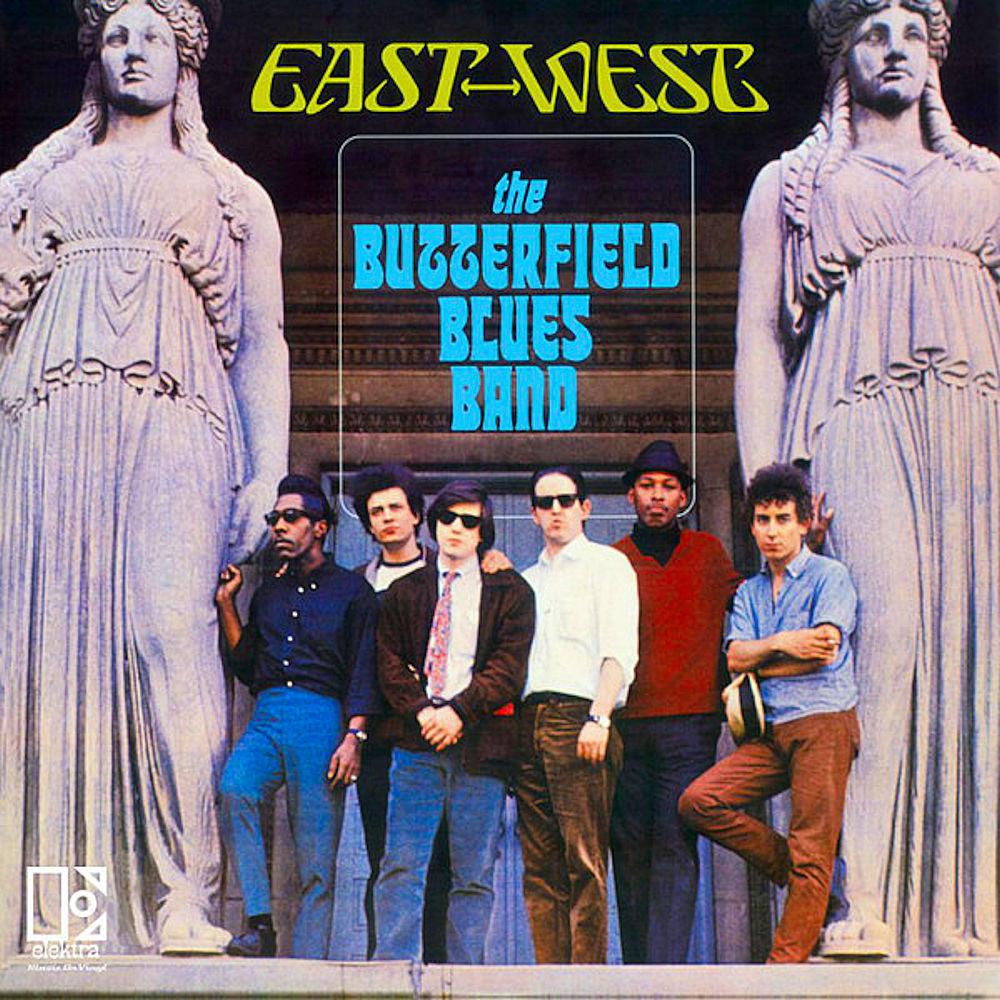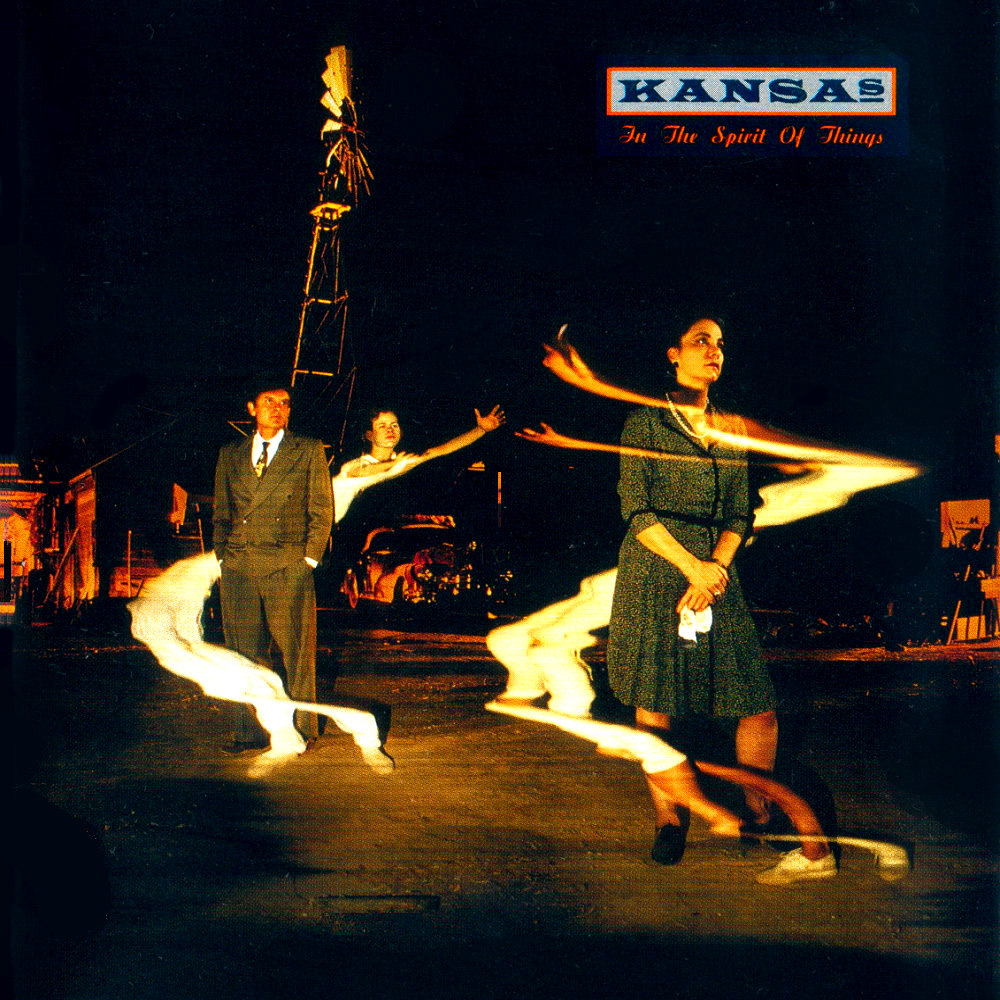
Album Information:
Album ID: 10018
The Butterfield Blues Band - East West
Label: Elektra
Catalog Number:
7315-2
Release Date:
August 1966
1. Walkin' Blues 3:15
2. Get Out Of My Life, Woman 3:13
3. I Got A Mind To Give Up Living 4:57
4. All These Blues 2:18
5. Work Song 7:53
6. Mary, Mary 2:48
7. Two Trains Running 3:50
8. Never Say No 2:57
9. East-West 13:10


 Last Played: 12/23/24 03:33 PM
Last Played: 12/23/24 03:33 PM Last Played: 12/23/24 03:24 PM
Last Played: 12/23/24 03:24 PM